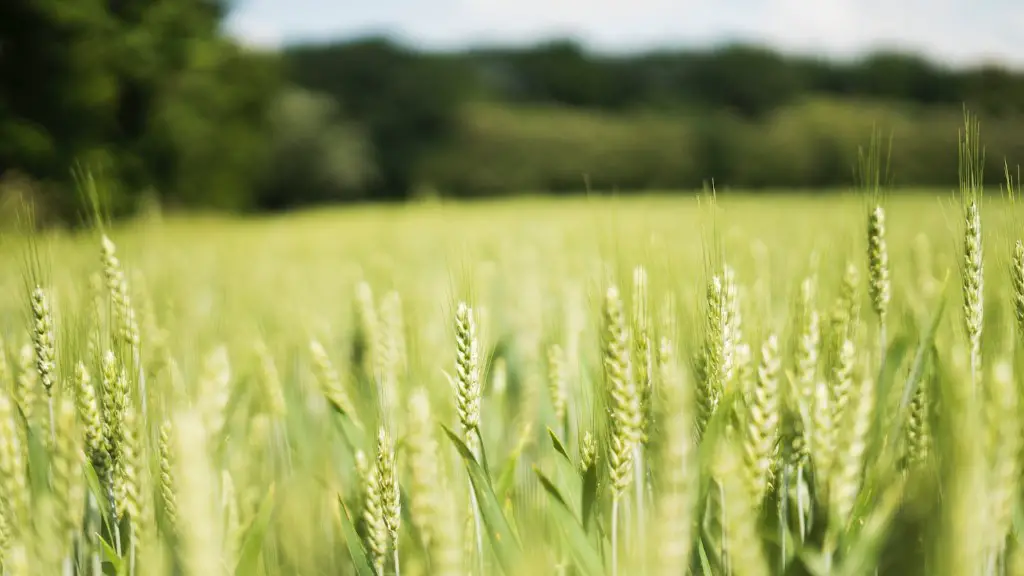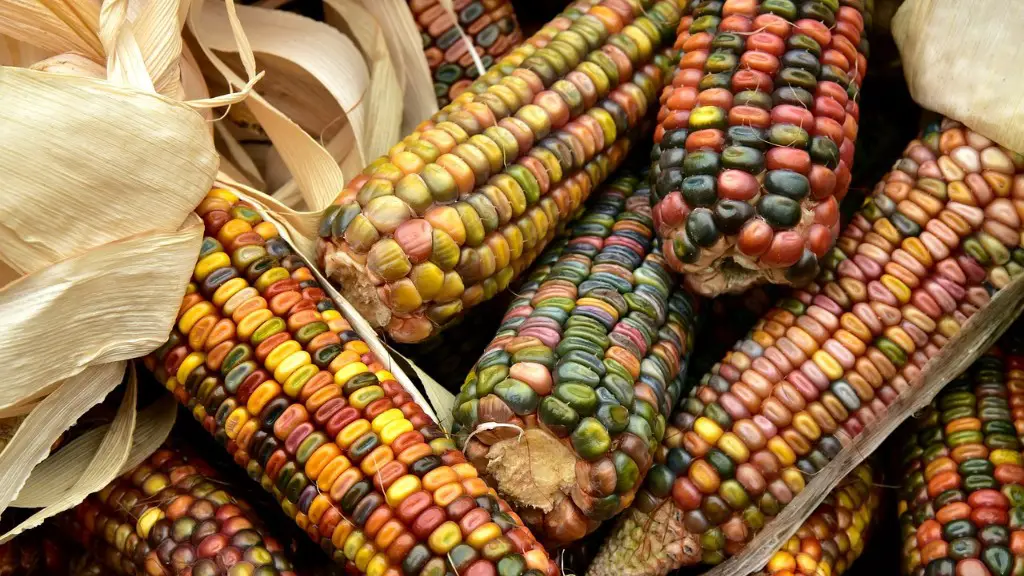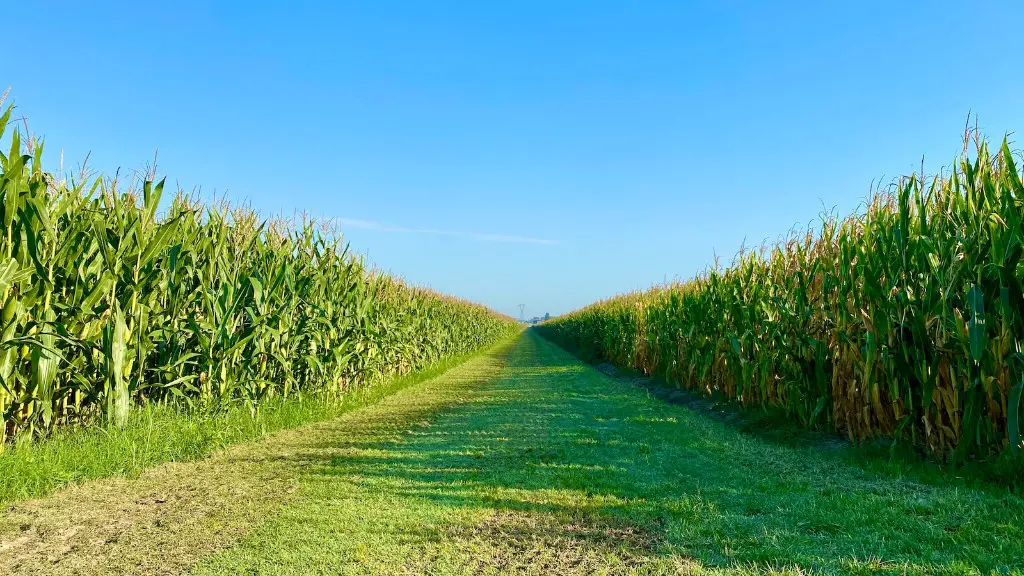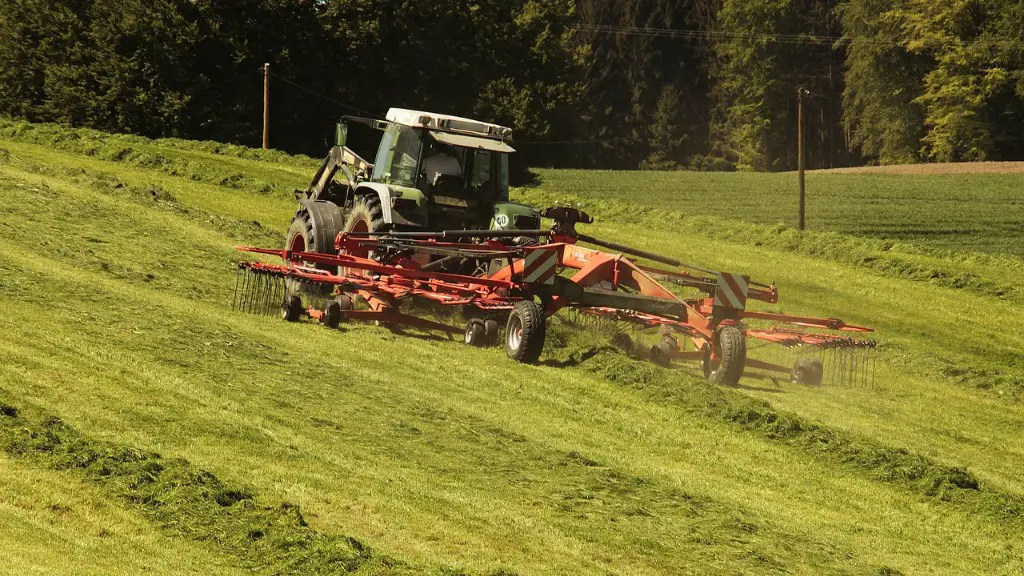Agriculture is an ancient field that can seem complex, so many people look to learn more about it. One of the best ways to learn is to get hands-on experience, either through volunteering or agricultural educational programs. But it is also possible to learn by exploring the many online information sources available. Here are some tips for learning more about agriculture online.
First, consider the scope of your interests and specialization. Do you want to focus on sustainable agricultural techniques, the science behind plant and animal production, or the development of crops and livestock? Once you determine the specific areas that you want to learn more about, you can start exploring websites and resources.
Research databases, such as the United Nations Food and Agriculture Organization, are central hubs for information related to global food security, the environment and agricultural research and development. You can also find comprehensive collections of articles, books, statistics, reports and maps related to specific topics.
There are also plenty of digital media resources available. There are podcasts, videos, webinars and interactive modules about a variety of topics related to agriculture. You can also find virtual field trips, blogs, and social media groups devoted to the practical, theoretical, and politicized philosophies of agricultural production.
If you’re looking for more in-depth knowledge, consider enrolling in an online course or degree. There are full-time and part-time courses offered at colleges, universities and some private schools. The courses often take into account the student’s prior knowledge and experiences related to agriculture, and the curriculums are usually tailored to the particular goals and interests of the individual.
It is also possible to find networking events and events that focus on agriculture, such as conferences, symposiums and workshops. Attending one of these can provide you with a great opportunity to gain knowledge, ask questions and meet potential mentors. These events can also provide you with an excellent chance to link up with other agriculture professionals, learn more about current trends and develop networking skills.
Local Resources
To get a more hands-on learning experience, many local and national governments run agricultural educational programs. These sometimes offer touring farms and gardens, experiential workshops and courses and local field trips. Often, these programs are led by experts in the field who can provide students with useful tips and guidance. Additionally, local organizations such as the 4-H Club and Future Farmers of America, or their country-specific versions, can provide valuable resources.
In addition to state and national programs and organizations, there are a variety of free and low-cost classes available in communities across the country. These can be found at libraries, schools, community colleges and civic centers. In rural areas, farmers often offer apprenticeships and internships for students to gain real world experience.
For those who prefer to learn more on their own, there are online online libraries, forums and blogs filled with resources related to agriculture. There are also organizations that enable farmers in different parts of the world to connect with one another to exchange information and best practices.
Finally, don’t forget traditional media sources, such as newspapers, magazines, radio and TV. They can also be a great source of information. Many newspapers and magazines dedicate entire sections to agriculture-related topics, while radio and tv broadcasts can provide an informative and entertaining learning experience.
Modern Technology and Data
Modern technology has provided us with a plethora of resources related to agriculture. There are a number of websites and apps dedicated to data collection, analysis and visualization. Data can be compared across variables, locations and years. This allows for a more comprehensive understanding of the state of agriculture in different parts of the world.
Some of the data includes soil composition, water availability, crop yields, livestock health and land usage. This data can provide insights into potential problems and solutions related to agricultural production. Additionally, tools such as agritech and precision farming have enabled farmers to optimize crop management and increase productivity.
Data-driven decision making is increasingly important in the field of agriculture. Farmers, researchers and government officials need access to the right kind of data in order to make informed decisions. To this end, there is an increasing focus on creating open-source platforms, tools and data sets that can provide users with a better understanding of agricultural production at a global scale.
Furthermore, advances in technology are allowing for a shift toward digital agriculture. This includes the use of drones and robots to monitor fields, and the use of machine learning and artificial intelligence to analyze large amounts of data. Ultimately, this will allow for more efficient production, improved yield and more sustainable farming practices.
Agricultural Economics
Understanding the economic aspects of agricultural production is essential to having a better understanding of the impact agriculture has on the global economy. Agricultural economics is a field with a wide range of topics, including supply and demand, price determination, market structure, policy evaluation and international trade.
Resources such as economic reports, journals and research papers can provide insights into the economic effects of different agricultural practices. Additionally, knowledge of the economic actors, institutions and policies in the agricultural sector can help to inform decision making and shape the future of agricultural production.
Another important aspect of agricultural economics is the study of food security. Food security is an important issue in many parts of the world, and research into the economics of agriculture can help to develop solutions for alleviating hunger, improving access to food and providing adequate nutrition for individuals and populations.
Environmental Issues
Finally, agricultural production can have a significant environmental impact. It is therefore important to understand the various ecological and social issues related to agriculture. For example, agricultural production can cause deforestation, water pollution and soil degradation. Additionally, agricultural practices can lead to the displacement of people and direct and indirect impacts on local ecosystems.
In order to address these issues, the focus needs to shift toward more sustainable agricultural practices. This includes reducing the use of synthetic pesticides and fertilizers, minimizing erosion, minimizing waste and employing more efficient irrigation and crop rotation techniques.
In addition, research into the environmental implications of different agricultural practices can help to identify potential solutions. Agricultural researchers and policy makers need to have a clear understanding of environmental issues in order to make informed decisions. If you are interested in pursuing this further, there are a number of resources and organizations dedicated to studying global and local environmental issues related to agriculture.




